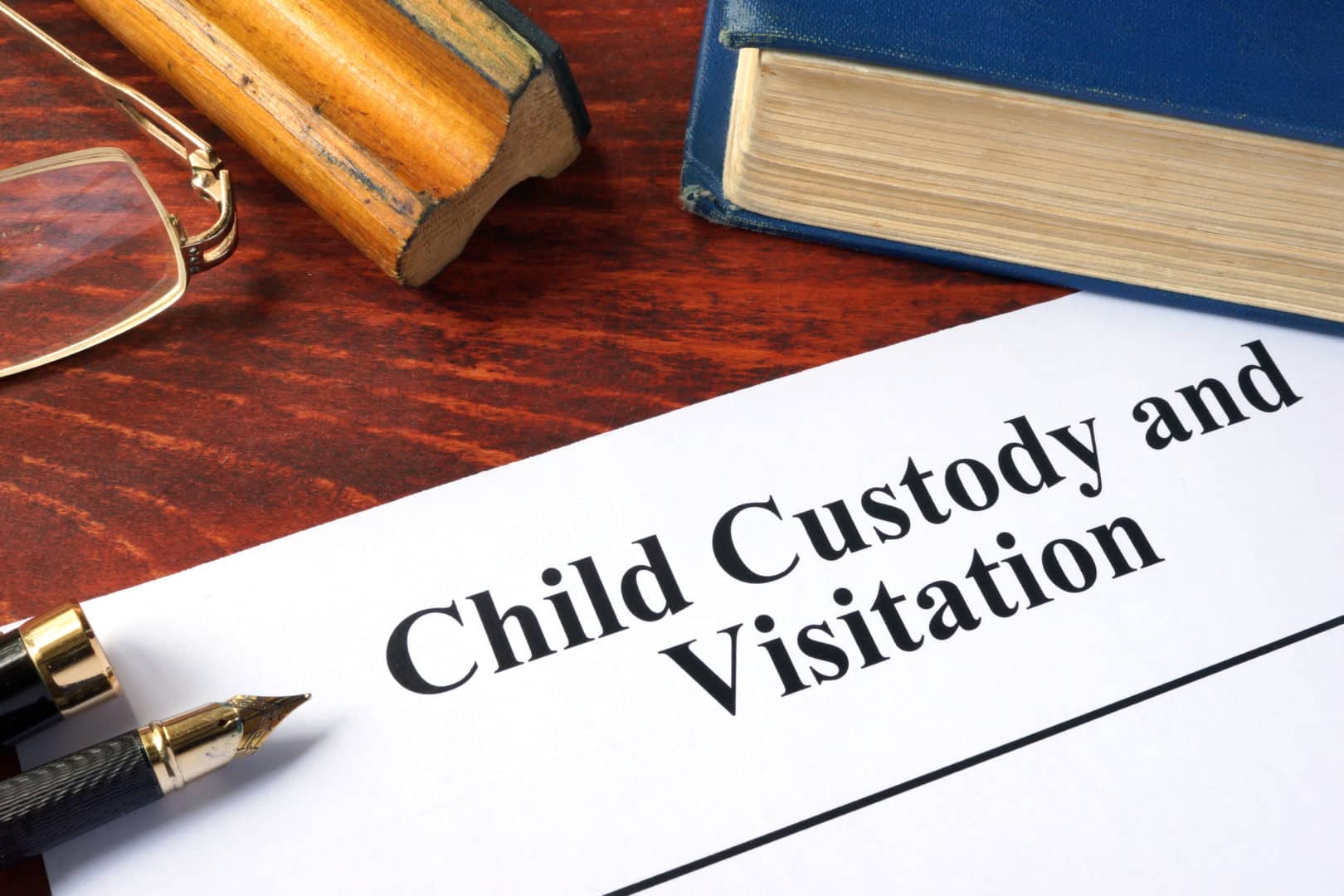Alimony in New Jersey, 101
Alimony is monetary support of one spouse by another in the wake of a divorce. It is decided upon by the New Jersey Court and their decision is guided by New Jersey’s alimony laws.
In 2014, New Jersey’s new alimony law passed. This new statute is very different from the old law. Under the new statute, New Jersey permits four types of alimony: open duration alimony, limited duration alimony, rehabilitative alimony, reimbursement alimony or a combination. In order to determine alimony, the Court considers the following:





